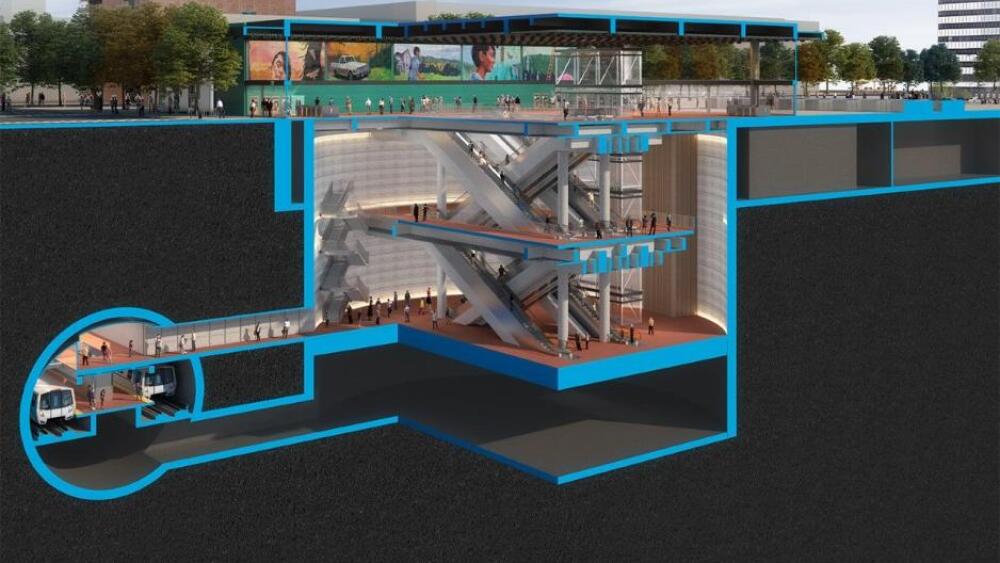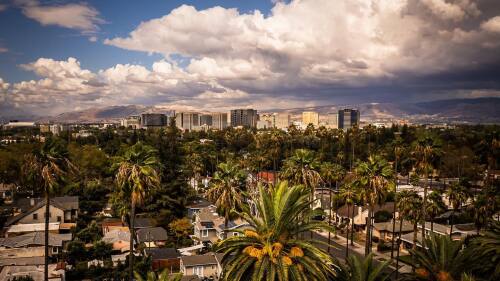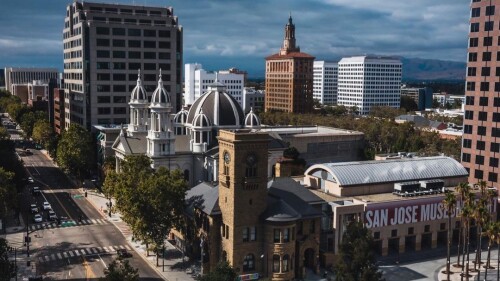A new risk assessment may increase the costs of BART’s San Jose expansion, yet again.
The six-mile loop, connecting Santa Clara to the Berryessa Station, has faced setbacks over the past decade, as costs continue to rise. With the Federal Transportation Authority (FTA) set to release a new project report this month, Valley Transit Authority (VTA) officials estimate that costs will balloon in excess of $12.2 billion — three times the original cost in 2014.
So what happened? Let’s take a look at what we know.
The original plan
BART’s Silicon Valley Extension Program began in 2009, when an independent study (and many angry drivers) revealed the pressing need for more expansive transit options in the South Bay. The extension was to be implemented in two phases:
- Phase I — Extending from Alameda County into Santa Clara County — completed in 2020, with new stops in Milpitas + north San Jose. Cost: $2.3 billion.
- Phase II — Extending from north San Jose into downtown, and ending service in Santa Clara — originally expected to complete in 2026, this phase is still in the design and engineering phase. Estimated cost: $4.7 billion.
Ballooning costs
Citing rising prices for building materials and labor, VTA revised the original assessment for Phase II to $6.9 billion in 2020. When the agency officially applied for federal funding in 2020, it expected this funding would account for approximately 25% of the project’s total cost.
In 2021, federal regulators released a report that was skeptical of VTA’s revised plan, and conducted an independent review to confirm the project’s timeline + cost.
The new federal estimate put the project somewhere closer to $9.1 billion — nearly twice the original estimate — casting doubt on the ability of VTA to complete the project on time and within budget. The new timeline pushed completion to 2034.
Last October, transit officials released a new estimate: the project would most likely complete in 2036, with an estimated price tag of $12.2 billion, making this one of the most expensive transit projects in the country. This prompted local officials to create an oversight committee to review future plans + finances.

VTA’s rendering of Phase 2 of the project to connect downtown San Jose to Santa Clara.
Photo courtesy VTA
What’s next?
The FTA will be releasing a new risk assessment this year, indicating pain points, project pitfalls, and other potential issues, and will release a new cost estimate. Officials at VTA indicate they expect the cost to exceed $12.2 billion — half of which would be paid through local + state tax measures, with the rest paid by the FTA.
If the cost does increase again, VTA says it will delay when Phase II can break ground, pushing back the 2036 completion date. The project is also missing two key components: a program director + construction director, for which the agency is actively recruiting.
We’ll keep you updated as the project progresses.











